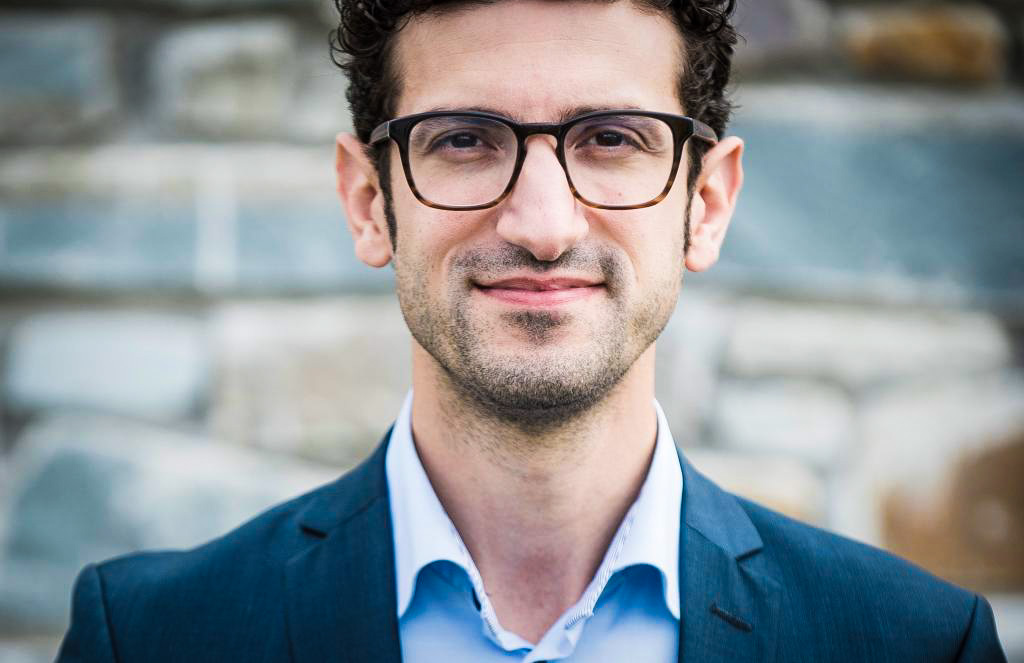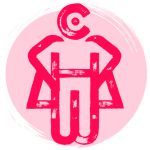This article was written by Aseniya Dimitrova for TheMayor.eu. You can find the original post here. This is an interview with Mohamed Ridounai, Mayor of Leuven, European Capital of Innovation for 2020.
In September Leuven won the iCapital award for 2020. The annual competition organised by the European Commission gives 1 million euros to the European city that is best able to demonstrate its ability to harness innovation to improve the lives of its citizens.
In this interview, the Mayor of Leuven Mohamed Ridouani speaks about the road to winning the award and shares some local insight on the innovative ways to tackle the coronavirus pandemic.
Mayor Ridouani, congratulations on winning the iCapital award. One of the reasons for this success, according to the European Commission, are the “processes and governance models creating a framework that brings ideas to life”. What does this mean in practice?
In Leuven, we developed a new governance model in which citizens, companies, organizations and knowledge institutions are committed to shaping the future. We bring all layers of society together in a structural and systemic way.
All have an equal stake, and the same goals. It’s about shared responsibilities and ambitions.
For climate change, we realized some years ago that a lot of good was happening, but it wasn’t enough. So, we brought all our partners together in a new structure: Leuven 2030. It’s a power-sharing system with equal representation.
We’re all in this together. We combine our efforts, knowledge and impact to become climate-neutral and to have a liveable environment for all, with a high quality of life.
This inclusive innovation also works in times of crisis. At the moment, the world is battling COVID-19.
For me, it was a stress test for our model of collaboration. And it worked: in Leuven we approach the crisis in a proactive way, with a focus on prevention.
What will the 1 million euros prize be used for?
We’ll keep investing in innovation for the better and for all. We want to strengthen the Leuven model as much as possible and aim to establish a City Transformation Academy to serve as an urban laboratory for the future.
We are a city of students, researchers, entrepreneurs and residents spanning 163 different nationalities. By constantly reconnecting these diverse forces in Leuven, the solutions of tomorrow take shape here.
Leuven 2030 now unites over 600 partners, motivated to achieve carbon neutrality together. Leuven MindGate is also a great joint effort to make the region a leading health, high-tech and creativity destination. Would you agree that innovation is a team sport in Leuven?
As a society, we came to believe that we’re on our own, both in success and failure. When you’re successful, that’s your own merit. When you fail, it’s your own fault.
Individualism, and in its wake loneliness and alienation, reigns. But that’s the wrong way of organizing our society. It will not solve the problems of our times.
Humanity thrives when people work together. That’s how I define innovation: improving the quality of life with and for all.
And that is a teamsport. To establish that, you need leaders who care. Leaders that create a society where it’s possible for people to improve their lives.
Leuven aims to become one of Europe’s Labs of the Future. What are the most pressing issues that you want to work on?
We want to prove that collaboration and this new governance model are the way to solve the big issues. Our model of radical cooperation and engaged leadership can be a blueprint for other European cities
You mentioned earlier that your approach to the coronavirus pandemic was a successful one. Would you share with us some innovative solutions that helped Leuven face the crisis?
A few days before the national lockdown, we launched Leuven Helps, a platform to connect citizens who need help with volunteers who wanted to support someone by doing their grocery shopping for example. We were the first to launch it, and it’s been adopted by more than 300 cities worldwide.
And together with our university KU Leuven we pioneered with testing the sewage water on the presence of the virus. That way, we were able to detect infections early on and take measure to prevent further spreading.
At this moment, our hospital UZ Leuven and imec a world-leading research and innovation hub in nanoelectronics and digital technologies, are developing a new way of testing for COVID-19. The new test will identify the virus in a person’s exhaled breath, and within 5 minutes you have the result. That would be an enormous breakthrough.
What advice would you give to other local governments that want to make their cities innovative but do not know where to start from?
In Leuven, we measure innovation not by the amount of wealth we create for the few, but by the impact we have on the lives of all. Our innovation model is based on two principles: work with everything you have, and work with everyone you have.
Our role as a city is to find ways and platforms to bring the entire city together – city government, companies, knowledge institutions and civil society- to allow everyone to collaborate and contribute on the major societal challenges of today, supported by governance based on shared decision making and leadership people can believe in.
And here’s where the miracle takes place: by inviting the entire population to collaborate on major societal challenges, we also see enormous leaps and bounds on a smaller scale: a lively pedestrian area, massive adoption of bicycles, better air quality and a higher quality of life.
It will be hard – as every change is difficult – but it will be worth it.


